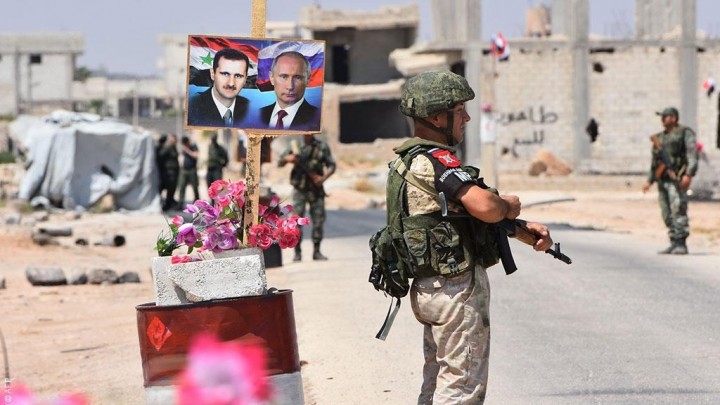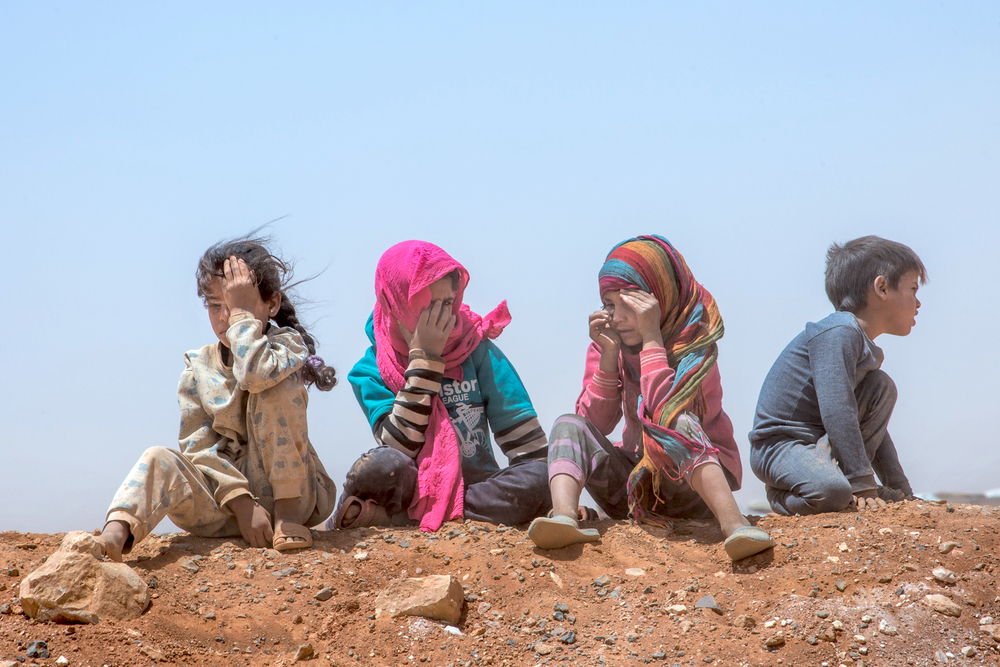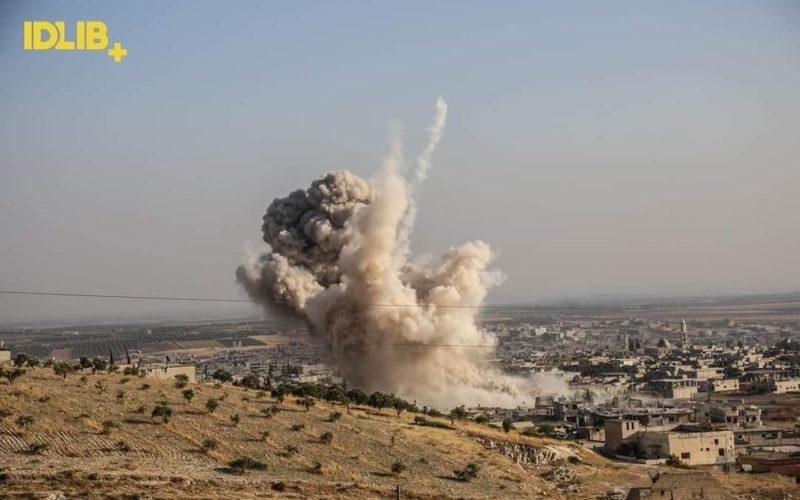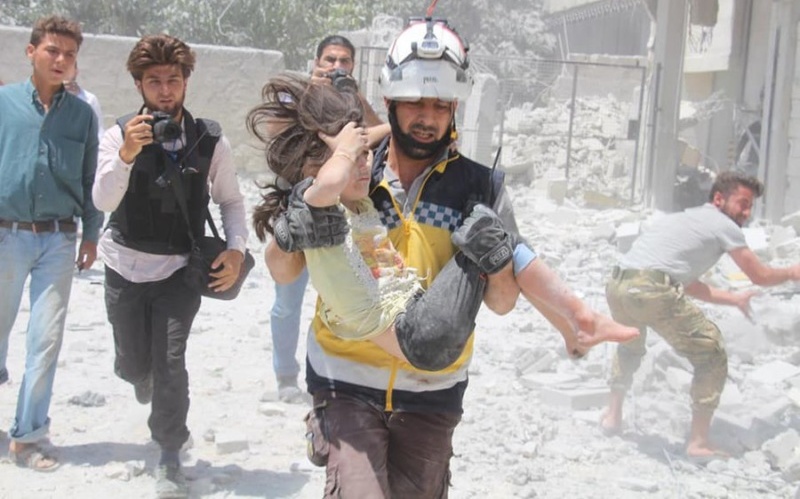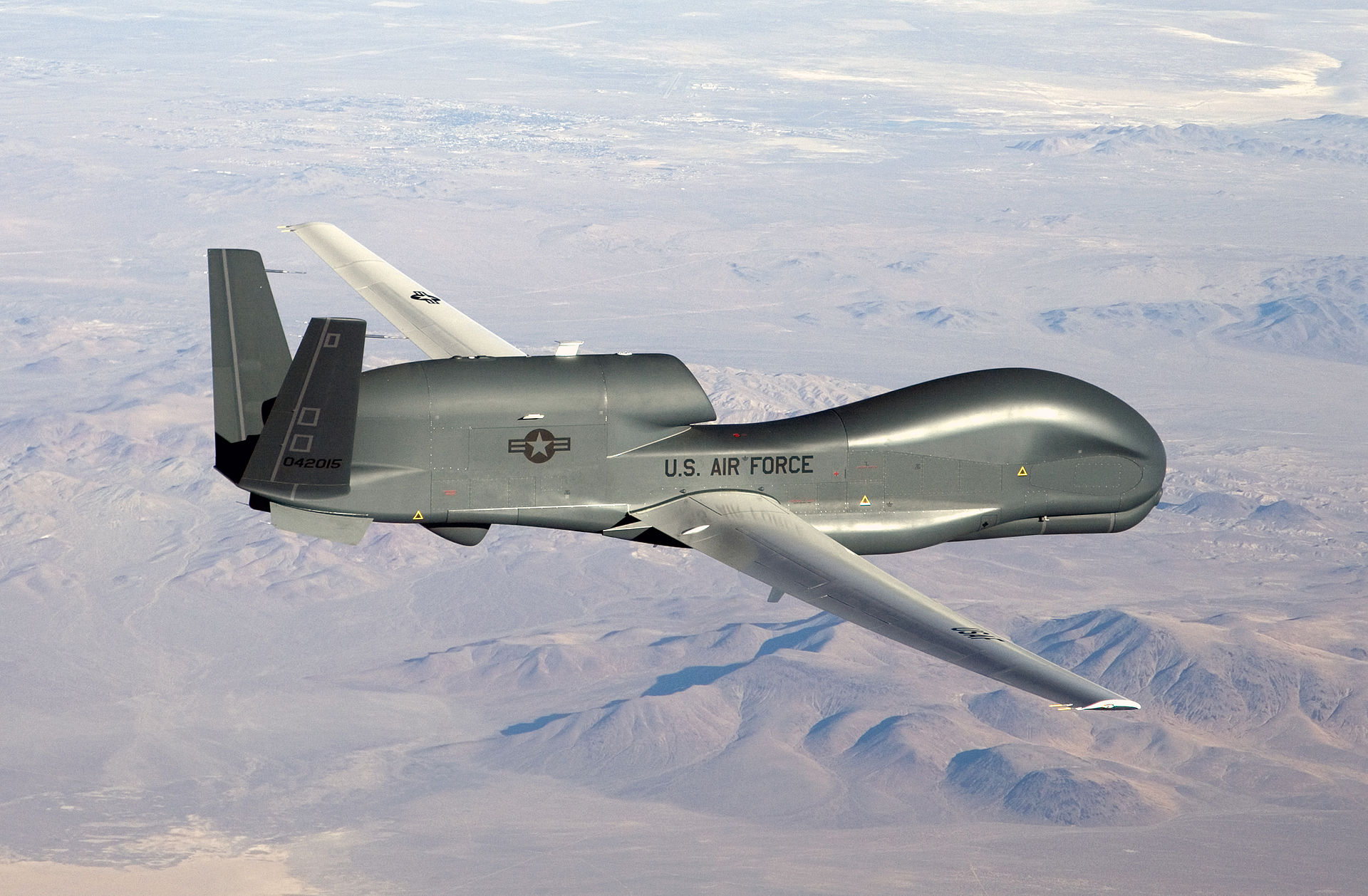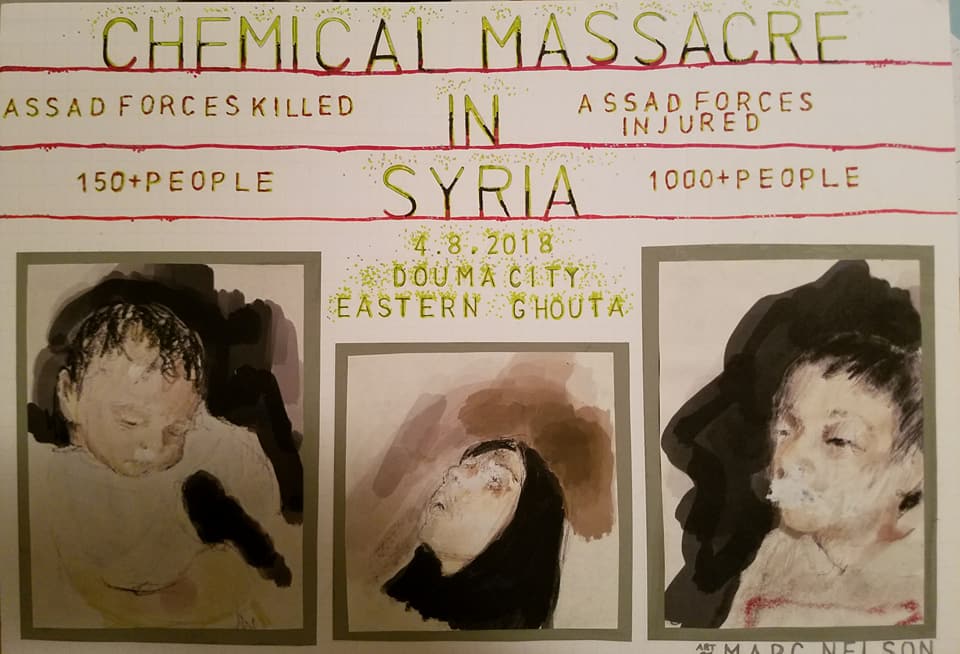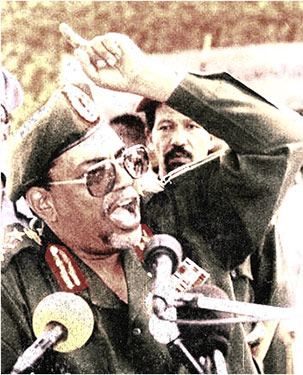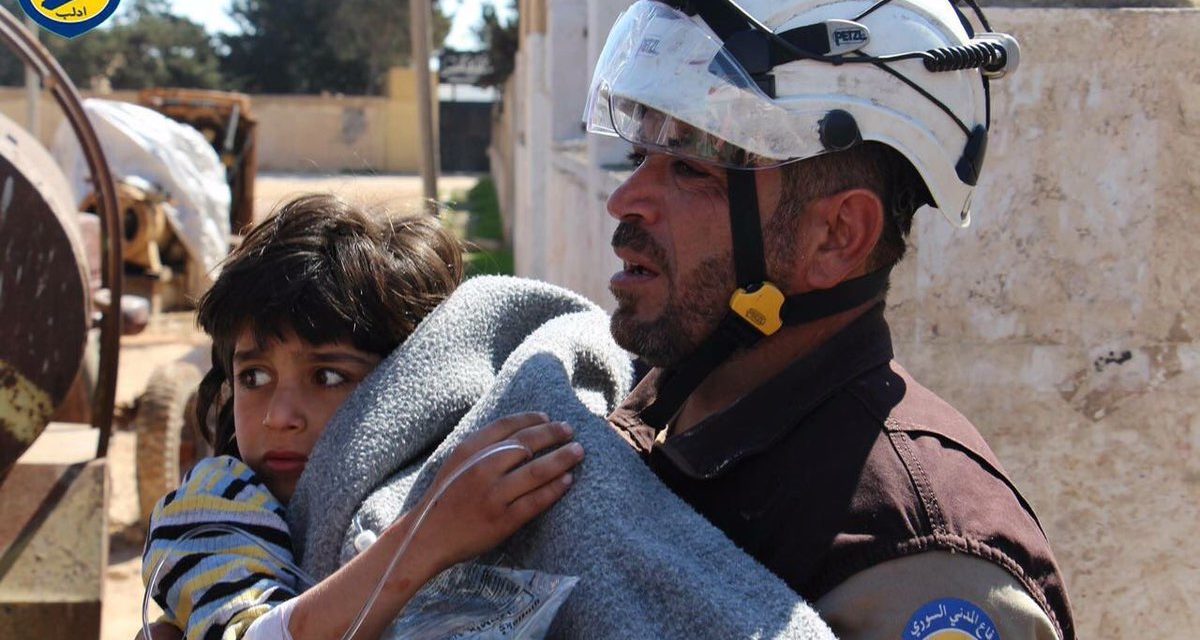
Syrian opposition marks seven years of chemical terror
On the seventh anniversary of the chemical weapon attack on the Damascus suburb of Ghouta, which left 1,400 civilians dead, the Syrian opposition issued a statement protesting that the responsible parties are still yet to be held accountable—while gas attacks have continued in Syria. The National Coalition of Syrian Revolutionary & Opposition Forcesdemanded that the perpetrators of the attack be tried by the International Criminal Court. “The collapsed international system is the one that allowed this massacre to happen and left those responsible unjudged,” the statement said. The regime of Syrian dictator Bashar Assad has carried out hundreds of chemical attacks since 2013. (Photo from April 2017 Khan Sheikhoun attack via EA Worldview)



